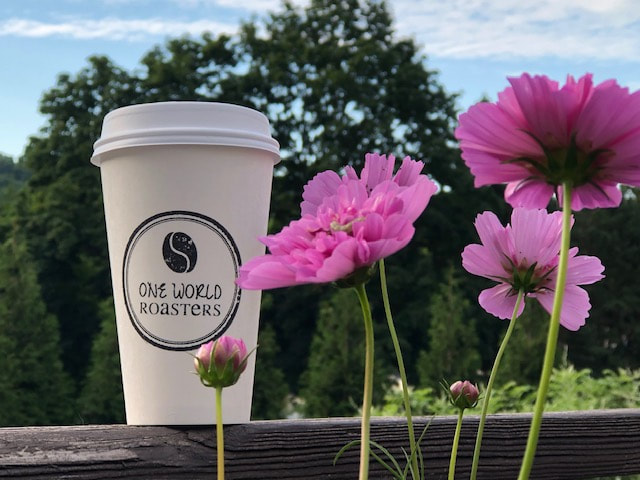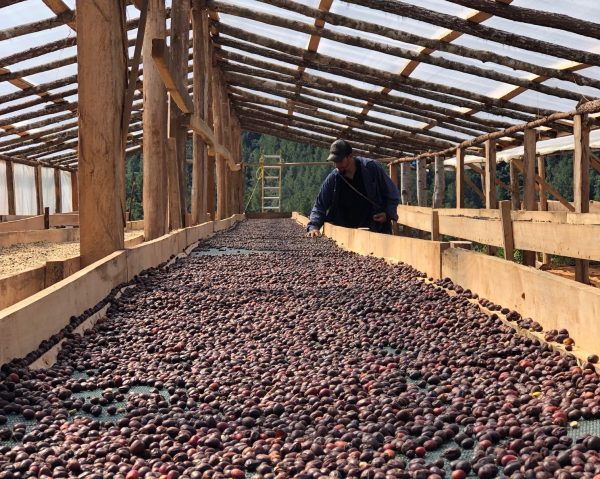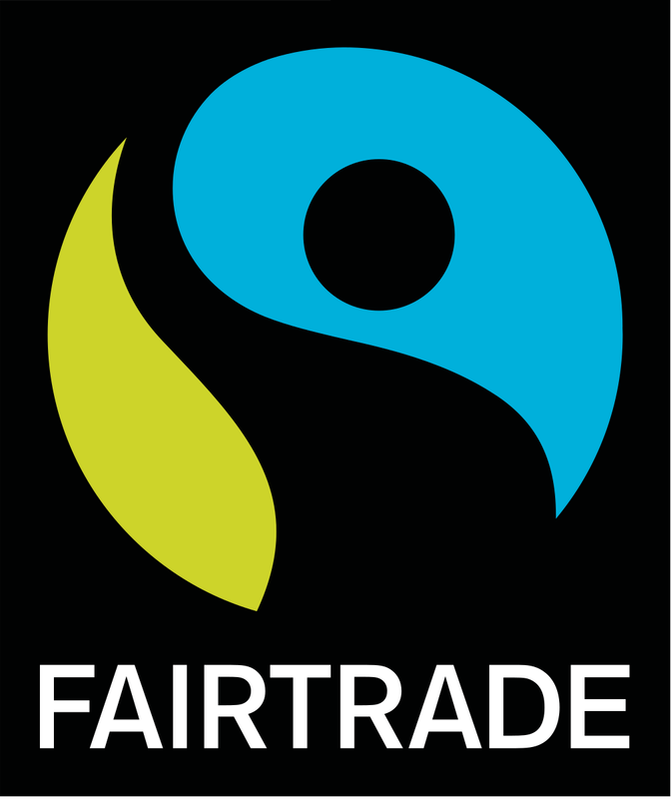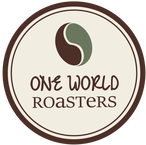Why We Only Source SUSTAINABLE, Fair Trade Coffee
Sustainable and fair trade are more than just buzz words; they make a difference in our health, the environment, and the lives of countless people
|
At One World Coffee Roasters, coffee is a passion, but even more than that—it’s a responsibility. We're responsible to our customers to provide the finest, brilliantly roasted coffees from around the world, but beyond that we also recognize our role in the grand scheme of things.
As roasters, we are but one piece of an ever-flowing collaboration that spans several continents, families, and ecosystems. We owe it to every person, creature, and habitat involved to make sure that our lasting impact is a positive one. We see the power we have to make positive changes around us in the little things we do—whether sourcing from sustainable coffee farmers or seeing to it that these farmers are paid a fair living wage. |
Why is Sustainable coffee important?
When we think of "sustainable," coffee often isn’t the first thing that comes to mind. But given how often we drink it, it really should be.
Coffee plants, especially, the more delicate arabica varieties we love, are some of the most heavily pesticide treated crops grown in the modern world. With minimal research conducted on the longterm effects of these chemical residues, it’s hard to predict what their impacts on our health will ultimately be in decades to come.
It's clear at this point, though, from the data we have seen that the effects aren't good ... not at all. Farmers, who are regularly exposed to the chemicals in their daily work, have high incidents of skin rashes, headaches, nausea, vomiting, lethargy, and allergic reactions. Even worse, chronic exposure to pesticides has been linked to Parkinson’s disease, depression, anxiety, asthma, breast cancer, prostate cancer, decreased fertility, diabetes, and obesity.
If that wasn't bad enough, pesticides also seep into drinking water and deplete soil, further wreaking havoc on nearby ecosystems and animals.
If pesticides can cause all of these problems, what can they do to us, drinking them in everyday? We don't particularly want to find out. We think great coffee, is coffee that not only tastes incredible, but makes us feel good, and helps our bodies function at their best. To these ends, nothing is better than 100 percent sustainable coffee.
Coffee plants, especially, the more delicate arabica varieties we love, are some of the most heavily pesticide treated crops grown in the modern world. With minimal research conducted on the longterm effects of these chemical residues, it’s hard to predict what their impacts on our health will ultimately be in decades to come.
It's clear at this point, though, from the data we have seen that the effects aren't good ... not at all. Farmers, who are regularly exposed to the chemicals in their daily work, have high incidents of skin rashes, headaches, nausea, vomiting, lethargy, and allergic reactions. Even worse, chronic exposure to pesticides has been linked to Parkinson’s disease, depression, anxiety, asthma, breast cancer, prostate cancer, decreased fertility, diabetes, and obesity.
If that wasn't bad enough, pesticides also seep into drinking water and deplete soil, further wreaking havoc on nearby ecosystems and animals.
If pesticides can cause all of these problems, what can they do to us, drinking them in everyday? We don't particularly want to find out. We think great coffee, is coffee that not only tastes incredible, but makes us feel good, and helps our bodies function at their best. To these ends, nothing is better than 100 percent sustainable coffee.
Why is fair trade coffee important?Because coffee is so widely traded and consumed, it has an immense impact on the economic well-being of people in developing countries and offers one of the most promising avenues for bringing about positive change. For this reason, One World Coffee Roasters fully supports fair trade practices.
Some 20 million families in 50 countries now work directly in the cultivation of coffee and an estimated 11 million hectares of the world's farmland are dedicated to coffee cultivation. For distribution, most small farmers sell their coffee directly to middlemen exporters who are commonly referred to as "coyotes." |
These coyotes are known to take advantage of small farmers, paying them below market price for their harvests and keeping high profits for themselves. In contrast, large coffee estate owners usually process and export their own harvests that are sold at the prices set by the New York Coffee Exchange. However, extremely low wages ($2-3/day) and poor working conditions for farmworkers characterize coffee plantation jobs.
There has to be a better way ... and there is — it's called fair trade: a standard select coffee farms adhere to that guarantees a better quality of life for the farmers they employ.
There has to be a better way ... and there is — it's called fair trade: a standard select coffee farms adhere to that guarantees a better quality of life for the farmers they employ.
|
Fair trade certification protects farmers in these ways:
• It ensures they are paid livable wages based on universal minimum price guarantees set by the World Fair Trade Organization • It strictly forbids child labor exploitation and promotes gender equality in the workplace • It requires the upholding of safe, healthy work environments And beyond these benefits, fair trade practices also hold farms to higher environmental standards and best practices, which are critical in the midst of the climate change crisis we currently face. For these reasons and so many more One World Coffee Roasters only sources coffee beans from Fair Trade Certified coffee farms. Coffee for thoughtThere's a lot to consider when purchasing coffee — social impact, carbon footprint, health consequences, etc. We like to think we make it a little easier. All coffees at One World Coffee Roasters are sourced from sustainable and fair trade certified coffee farms. It's coffee you can feel good about, inside and out.
|




